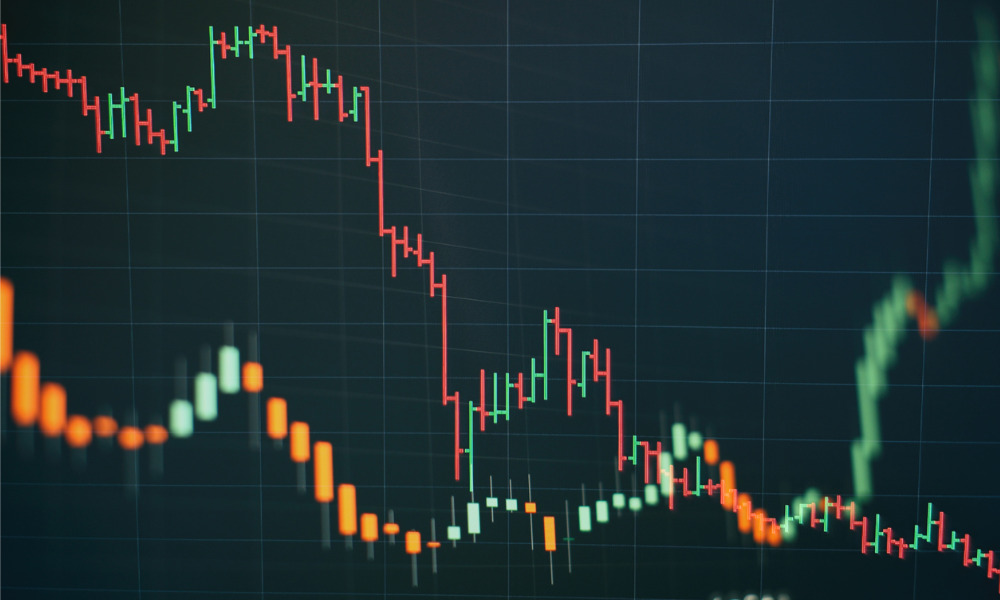CEO and market expert says the mechanics of investment vehicle most reliable in 'Armageddon' scenario

ETFs are more likely to get us out of the next financial crisis than to plunge us into one, according to a market expert.
David LaValle, the new CEO of Alerian, a leading provider of energy infrastructure indexes, has extensive ETF experience on the floor of the New York Stock Exchange and served as NASDAQ’s Head of ETF Product Marketplace and as the US Head of ETF Capital Markets at State Street Global Advisors.
Critics of exchange traded funds often question whether they have the resilience to cope with a recession or a major downturn; the perception is often that ETFs will be found out by the next “Armageddon” scenario. LaValle, however, took issue with this and, to illustrate his point, described a panic-stricken market where everybody is selling high yield, and the cash bond market and banks have ceased trading. “Good luck getting them to pick the phone up,” LaValle said.
Then, he added, imagine mutual funds in that situation; portfolio managers are going to be challenged because they’re getting redemptions and have to liquidate something to generate the cash. Forced to sell the most liquid securities, they will be left with something that is far less liquid.
With ETFs, though, LaValle said investors will have a live market because that’s where the risk is going to be priced by people who are going to warehouse those ETF bonds.
He explained that if high yield ETFs are really being sold off, they'll be at a perceived discount compared to those that haven't traded in a day. And if it's really Armageddon, bond ETFs will be redeemed and the bonds given to the market participant.
He said: “The portfolio manager of an ETF doesn't have to sell anything, it’s just a redemption of underlying securities, in kind. And that market participant who bought the ETF at a discounted price, bought that at a level where they felt comfortable that once they redeemed and received the underlying securities, they would be able to liquidate in the marketplace.
“That process of redemption, right, which happens behind the scenes is an important functional process of how the ETF works. But for the investor that sold at whatever price they decided to sell it, they got their cash. Because the equity markets are managing the actual settlement of the ETFs shares. I sold at $42.25, for example; I sent in my security and I got $42.25 in exchange.
“The mechanics have to work but from an investor's perspective, I'm done. I move on to my next trade or my next investment, or I put that cash under my pillow, if it's really Armageddon.”
Remember the 'flash crash'?
It’s this market resilience that LaValle believes will be invaluable in a major downturn. He highlighted the flash crash of August 24, 2015, as proof of that, when the market plunged as sell orders overwhelmed bids, pushing prices lower.
“You know, on that day, SPY traded $98.5 billion, notionally, in one day seamlessly, with about $4 billion of primary market activity. It was a 25:1 ratio – roughly $100 billion of notional trading compared to only $4 billion traded on the underlying securities. All that risk was being transferred just in ETFs, without impairing or impacting the underlying constituents.
“It’s an exaggerated example but a really powerful one as well because the marketplace can trust [the process].”
New challenge in energy
Now helming Alerian, LaValle wants to leverage its deep expertise in midstream oil and gas and expand on its product base of exchange-traded notes and funds. Its flagship product, the Alerian MLP ETF, boasts $8.5-9 billion of the $14 billion tied to the firm’s benchmark index, while it has eight marketplace indices in total.
He said: “I'm not an energy guy - I'm the market guy, an index and ETF guy. Their goal is to expand the footprint of the Alerian business and my goal is to take the core set of indexes that we have and build products on those indexes.”



